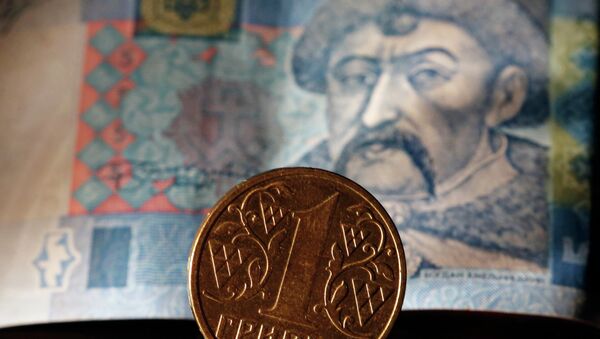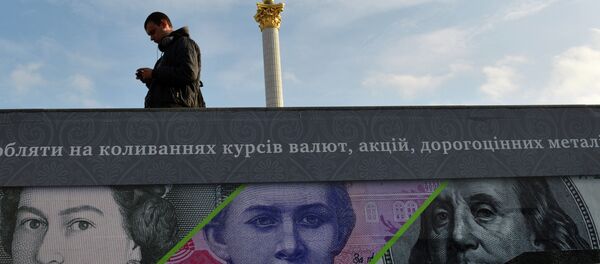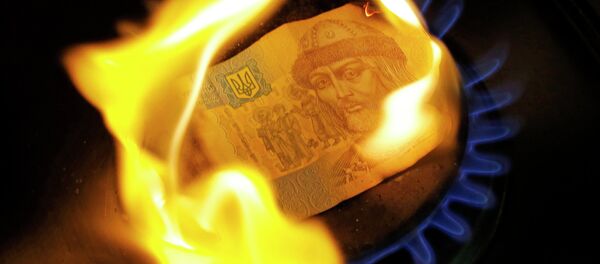According to the text, new bonds Ukraine will offer to its creditors presume that holders of old bonds have no privileges in settling the debt. After its debt is restructured Kiev will not pay off old debt on the previous conditions.
If Kiev settles its debt repayment issue with Moscow, then it will not offer to Moscow a deal with net present value higher than for newly-issued bonds, an article explained.
"Russia will never be offered more favorable conditions than the other creditors," Ukrainian Prime Minister Arseniy Yatsenyuk said earlier.
Nevertheless, the hybrid status of the Russian bonds poses a serious risk of Ukraine being banned from receiving financial aid from the International Monetary Fund (IMF) in 2016. If the debt is recognized by the IMF as "official" (as Russia insists), the fund will be prohibited from giving loans to Ukraine until its debt is paid off to Moscow.
Russia already has formal grounds to declare default on Kiev’s $3 billion in bonds.
Earlier, Russian Finance Minister Anton Siluanov said that Ukraine’s proposal on debt restructuring is addressed to private creditors. As a sovereign creditor Moscow will insist on the bonds to be redeemed in the end of 2015.
If Kiev fails to settle the debt Russia may file a legal claim against Ukraine to the English Court of Appeal, or initiate arbitral proceedings in the London Court of International Arbitration. The process is usually lengthy and may prevent Ukraine from returning to international capital markets and block investment flows to the country.




